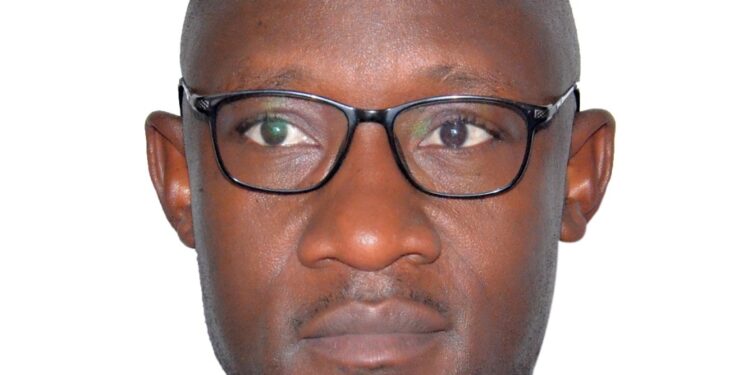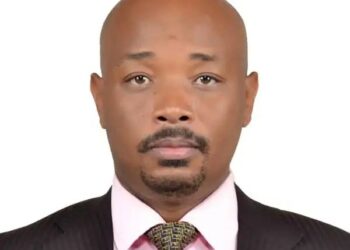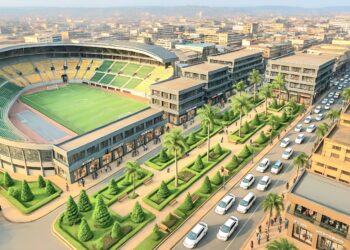If the Government of Uganda is to be commended for anything, it is for creating mechanisms that allow the poor and vulnerable people to access funds directly, without brokers. The Parish Development Model (PDM) deserves praise in this regard. But it also raises a question: why can’t the government extend the PDM money to help students from Karamoja either join or complete university education?
Some may ask: why focus only on Karamoja? As Gallo (2024) notes, many students from the region are capable of excelling at the tertiary level, but financial constraints—not lack of ability—block their progress. Many remain stranded after secondary school or with diplomas, unable to advance further. Yet Gallo’s study shows that in Karamoja, where jobs are already scarce, lacking a degree means even fewer opportunities.
Traditionally, the Karimojong were pastoralists (Dyson-Hudson, 1966; Knighton, 2003) or agropastoralists (Dancause et al., 2010; Gray & Sundal, 2017). Today, however, they face what Caravani (2018) calls “de-pastoralisation”—loss of the very means of survival. Many households have lost livestock and now form some of the poorest communities in Uganda (UBOS, 2025). With traditional livelihoods collapsing, education is no longer optional but essential.
The government should, therefore, adapt the PDM into an education loan scheme for Karamoja students. Here is one possible framework:
1.Selection – Each parish identifies students admitted to university.
2. Direct Transfers – Funds go straight to the universities, not households.
3.Agreements – Students sign loan contracts with clear repayment terms.
4.Job Attachment – Graduates are placed in government departments within their districts.
5.Repayment – Once employed, they repay within a reasonable timeframe. This would ensure accountability while building human capital for Karamoja’s development. Indeed, it is doubtful whether the government will fully recover PDM funds given to certain categories of beneficiaries in Karamoja, where livelihoods remain fragile. By contrast, repayment from employed graduates is more likely.
More importantly, this approach creates a multiplier effect. University graduates could return as teachers, doctors, engineers, or administrators, directly strengthening Karamoja’s workforce. This is not charity—it is an investment with long-term returns.
This proposal is not final policy but a call for discussion. The government should rethink how PDM resources are used: rather than funding where recovery is uncertain, let us invest in young people whose education can transform the region’s future.
Ayub Mukisa, PhD
Executive Director, Karamoja Anti-Corruption Coalition (KACC)
Email: ayubmukisa@gmail.com
Do you have a story in your community or an opinion to share with us: Email us at editorial@watchdoguganda.com














